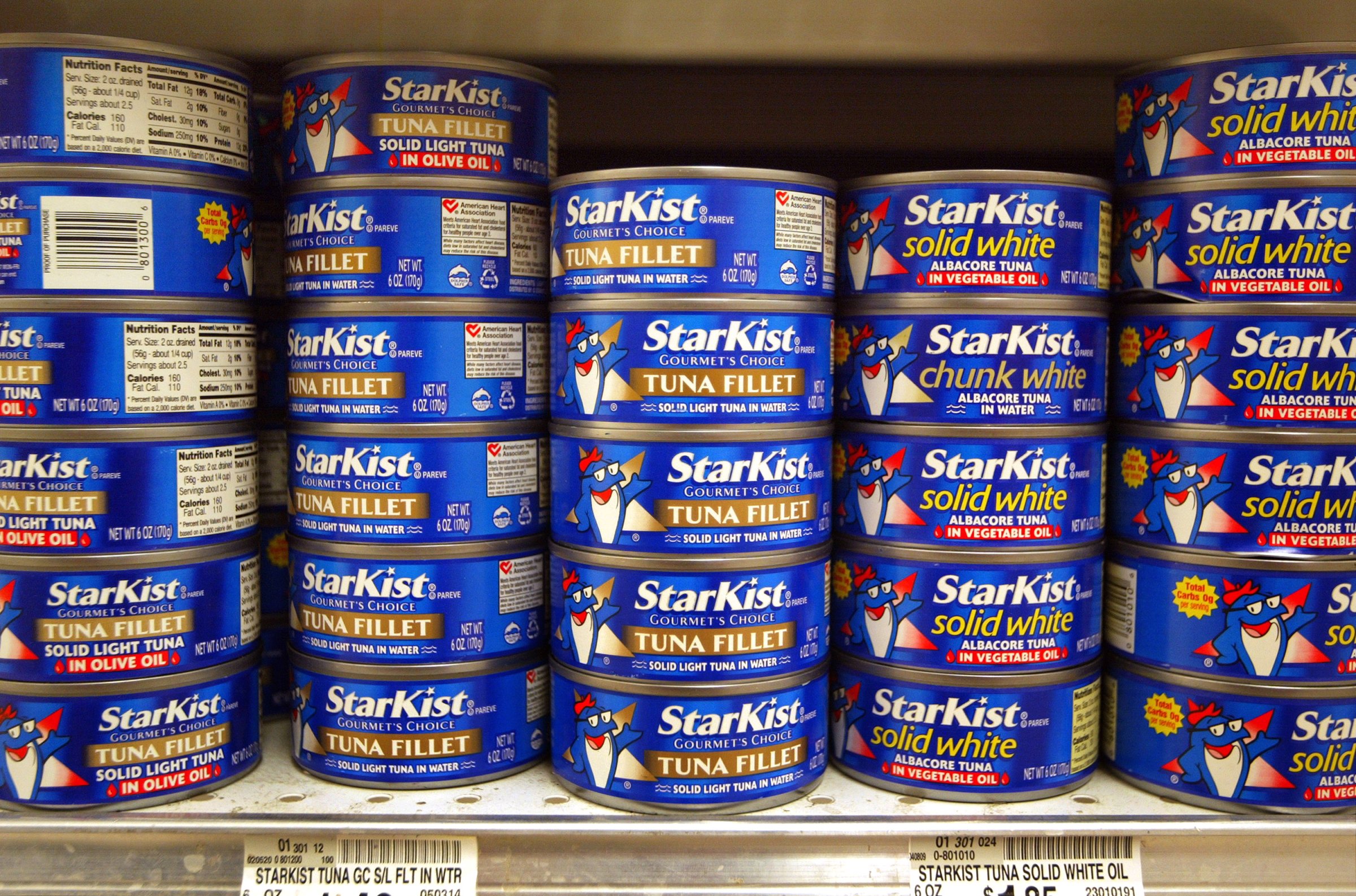
In a new analysis of government data on mercury levels in fish, Consumer Reports suggests that pregnant women should “avoid all tuna” — particularly if it comes in a can.
Earlier this summer, the Environmental Protection Agency and Food and Drug Administration suggested that women who are pregnant, want to get pregnant, or are breast feeding should eat up to 12 ounces of fish a week. While fish can be a good source of protein and provider of nutrients, Consumer Reports released an article Thursday warning vigilance given the high mercury level in many fish, including tuna.
“We’re particularly concerned about canned tuna, which is second only to shrimp as the most commonly eaten seafood in the United States,” said Jean Halloran, director of food policy initiatives for Consumers Union, the advocacy arm of Consumer Reports, in a statement. “We encourage pregnant women to avoid all tuna.”
While Consumer Reports identified 20 seafoods that can be eaten safely several times a week, the report reads:
“Consumer Reports disagrees with the recommendations from the FDA and EPA on how much tuna women and children may eat. (We don’t think pregnant women should eat any.) We also believe the agencies do not do enough to guide consumers to the best low-mercury seafood choices. To make decisions easier for consumers, our chart below gives advice about good low-mercury choices.”
The federal agencies and Consumer Reports agree that childbearing women and small children should avoid swordfish, shark, king mackerel, and tilefish due to mercury levels.
More Must-Reads from TIME
- How the Economy is Doing in the Swing States
- Harris Battles For the Bro Vote
- Our Guide to Voting in the 2024 Election
- Mel Robbins Will Make You Do It
- Why Vinegar Is So Good for You
- You Don’t Have to Dread the End of Daylight Saving
- The 20 Best Halloween TV Episodes of All Time
- Meet TIME's Newest Class of Next Generation Leaders
Contact us at letters@time.com